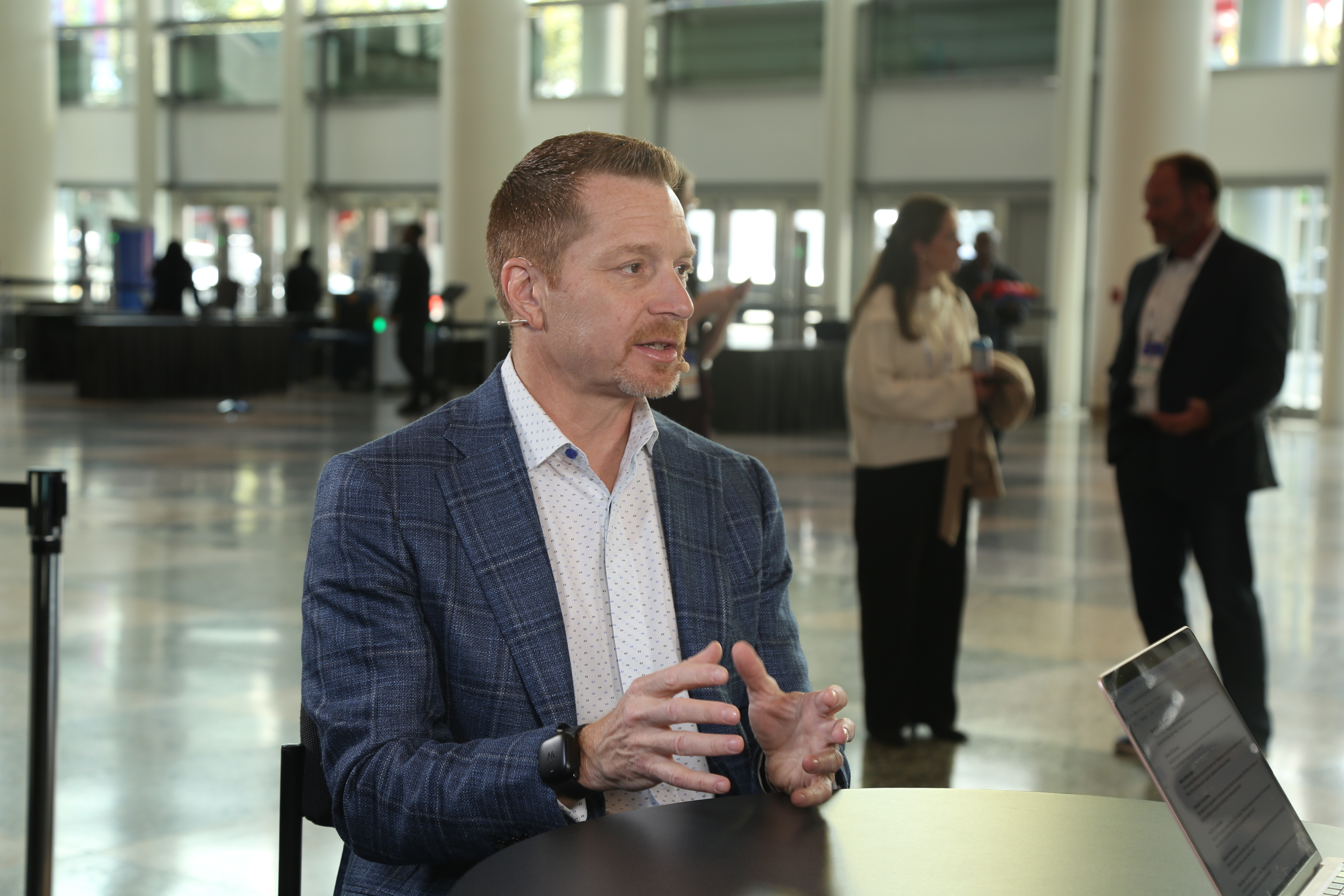They are prized for making the commute more bearable and shielding against the din of daily life. But noise-cancelling headphones have come under scrutiny after audiologists raised concerns that overuse might impair people’s hearing skills.
While the technology has clear benefits, not least in helping people listen to music at lower volume, some specialists suspect that constantly filtering out background noise may have unintended consequences.
Renee Almeida, an adult audiology clinical lead at Imperial College healthcare NHS trust, has seen an uptick in adults coming to her clinic with hearing issues only for tests to suggest their hearing is fine.
The problem is with their brain, not their ears. They might fail to locate where a sound is coming from, or struggle to follow a conversation on the train, in a bar or at a restaurant.
The condition, known as auditory processing disorder (APD), is often diagnosed in children, so the rise in adults with similar issues struck Almeida as odd. Her hunch is that widespread use of noise-cancelling headphones could be the culprit.
“The brain is used to dealing with thousands of different sounds at the same time and it’s always been able to figure out what is and isn’t worth listening to. If a dog barks outside, in a split second I recognise that it’s a dog barking and I don’t really care,” she says. “With noise cancelling, you’re giving your brain only one source of sound, be it a podcast or music. One source. There’s nothing else for your brain to worry about.”
Excessive use of noise-cancelling headphones could impair the developmental process by which children learn to attend to sounds, Almeida says. For adults, it could make their brains lazy, just as muscles weaken without exercise. In both cases, she says, people could struggle to extract speech from the hubbub around them.
There is no scientific evidence that noise-cancelling headphones cause APD. Nor is there any robust data showing a rise in the condition. But Almeida believes the question warrants attention. “Studies definitely need to be done,” she says. “The research should focus on the effects of extended use, especially in young people.”
APD affects about three to five per cent of school-age children. It has been linked to low birth weight, but also chronic middle ear infections. In older adults, the condition can be triggered by stroke or head trauma. In many cases, the cause is never clear.
Dr Cheryl Edwards, an audiologist at Boston children’s hospital, said children with APD could struggle to hear in classrooms, have difficulty working out where sounds are coming from, and miss nonverbal cues such as the shift in tone that flags sarcasm. Reading and spelling can also suffer. “We certainly see academic issues,” she says.
Whether cases are rising is harder to say, however. Auditory processing has long been a speciality within a speciality, Edwards says. And while referrals have risen with better awareness, there aren’t reliable records to measure any trend against.
According to Harvey Dillon, a professor of auditory science at the University of Manchester, there is no doubt that listening experience affects our ability to segregate “wanted speech” from background noise. He says children improve at using spatial cues to home in on sound sources from the age of five to 14 years old.
But disrupting what is heard can be more problematic for children than adults. If a child has repeated ear infections before the age of five, they can find it hard, later on, to focus on sounds from one direction while suppressing those from another. Surprisingly, Dillon says, many don’t catch up once their infections are behind them. Instead, they need to learn the skill through intensive training on apps such as Sound Storm or Soundiverse.
Adults seem to be different. If a person wears a single earplug for a week, they will gradually relearn how to locate where sounds are coming from. When the earplug is removed, their ability dips again, but quickly recovers to its previous level.
For Dillon, the idea that noise-cancelling headphones might be driving APD is a hypothesis yet to be tested. “There is no research that I am aware of investigating a link between the use of noise-cancelling headphones and reduced auditory processing ability,” he says.
Dillon cautions that loud music can damage neurons in the auditory system without affecting the thresholds measured in hearing tests. “It may be that listening to loud music is the cause of the auditory processing problem, not the noise-cancelling feature,” he says. “If so, noise cancelling could be a good feature, in that it allows one to listen to music, without interference from background noise, at a lower level.”
Prof Dani Tomlin, the head of audiology and speech pathology at the University of Melbourne, says people who use noise-cancelling headphones for prolonged periods may find listening harder when they take them off. But she says “the benefits should not be overlooked”, for managing sensory inputs in neurodiverse people and helping individuals to listen to podcasts and movies on planes and trains.
“Instead of suggesting abandoning noise-cancelling headphones, we need more comprehensive research studies,” she adds.
For now, Almeida recommends bone conduction headphones and hearing training. She urges patients to listen to radio debates and to take down the lyrics of rap songs when they are playing. “There is immense plasticity in the brain,” she says. “Make an effort to listen to what’s being said.”








